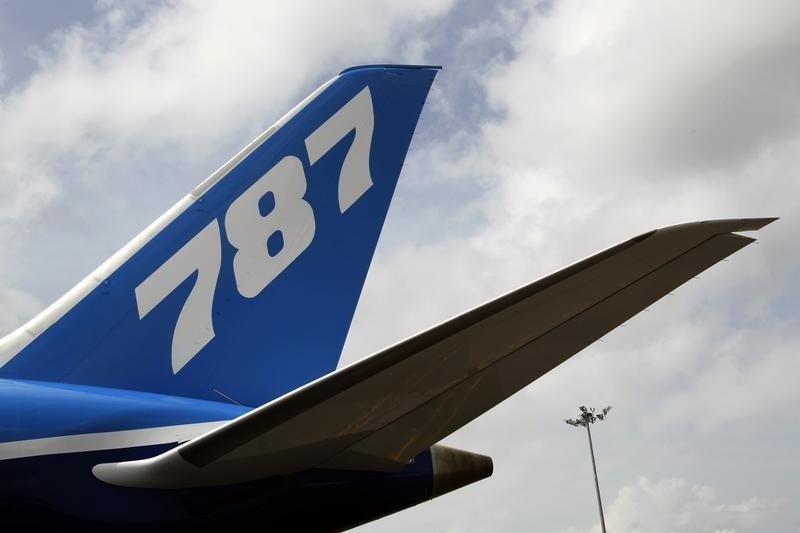
WASHINGTON (Reuters) – The U.S. Transportation Department’s inspector general said on Tuesday that he would audit the Federal Aviation Administration(FAA) decision in November to unground the Boeing (NYSE:BA) 737 MAX and other agency decisions.
The 737 MAX was grounded in March 2019 after two fatal crashes in five months in Indonesia and Ethiopia killed 346 people. The FAA approved its return to service after significant safety enhancements developed during the plane’s 20-month grounding.
The new audit will examine the FAA’s actions following the two accidents, including the FAA’s risk assessments, the 2019 grounding of the aircraft and “its subsequent recertification in November 2020,” the inspector general’s office said. Boeing declined to comment.
The FAA did not immediately comment.
FAA Administrator Steve Dickson told Reuters in November he was “100% confident” in the safety of the Boeing 737 MAX.
“We’ve done everything humanly possible to make sure these types of crashes do not happen again,” Dickson said, adding the design changes “have eliminated what caused these particular accidents.”
The FAA required new training to deal with a key safety system called MICAS that is faulted for the two fatal crashes as well as significant new safeguards and other software changes to ensure it did not erroneously activate.
The inspector general had issued two prior reports on the 737 MAX and in February faulted “weaknesses” in U.S. government certification of the 737 MAX.
Boeing Co agreed to a $2.5 billion settlement with the U.S. Justice Department in January into the MAX as part of a deferred prosecution agreement after the Justice Department said the crashes “exposed fraudulent and deceptive conduct by employees of one of the world’s leading commercial airplane manufacturers.”
The FAA has also come under harsh criticism over its certification of the 737 MAX. Legislation signed into law in December revamps the FAA’s aircraft certification program.

